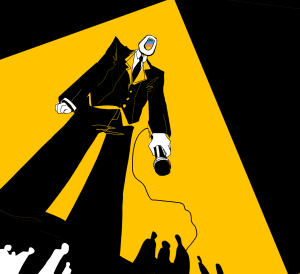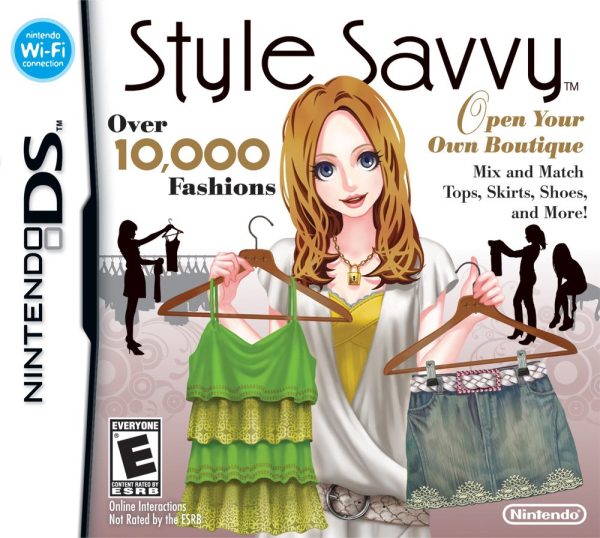Martz: Why media meant to entertain is not inherently bad
September 28, 2018
There is a trend in intellectual circles to think that media which serves to entertain is bad. And by “bad” I mean, not well done, successful or worth watching, seeing and producing.
This past Tony Awards season was ridiculed because all four nominees for Best Musical were based on pre-existing media. Three of the four were also criticized for being “children or teen media.” “Spongebob Squarepants the Musical,” “Mean Girls the Musical” and “Frozen the Musical” lead to critics and patrons alike shouting about the end of Broadway and the overall decline of theater.
The Marvel Cinematic Universe, though incredibly successful at the box office, is scorned by film critics for being purely about audience entertainment. For as long as it’s been around, pop music has been brushed off as bubblegum entertainment for children.
None of these statements are necessarily untrue. These shows, movies and music are made to entertain. However, claiming that this means they are not worth making or watching, or saying that they are lesser than other media is small-minded and incorrect. Additionally, the idea that the source material prevents something from being impactful is wrong.
I saw “Anastasia the Musical” on Broadway in May. The movie from the ‘90s was a huge part of my childhood and I was overcome with emotion during the show. After the show, I met the lead actress at the stage door. We talked about the message, what it meant to the both of us, and how reliving things important to you in your childhood can be incredibly impactful. By the time the conversation was over we were both in tears. I may be an overly-emotional person, but I am also not the only person who has been moved by things some might consider unworthy source material.
If the goal of a piece of media is to entertain its audience, and it is well paced, escapist, fun and exciting, then it is successful. If the goal of a piece of media is to make money by being entertaining and it does so, then it is also successful. This, I think, is an easy argument to understand and agree with.
The idea that creating a piece of media purely for entertainment and enjoyment is OK is harder for some to swallow. Not every movie needs to be an Oscar-worthy drama. Not every play or musical needs to cause the entire audience to walk out of the theater a new person. Not every song needs to reinvent music and lyrics itself.
Escapism is something humans crave. As the world gets larger, scarier and crazier, more and more people need a break from it to recharge. Yes, media can change the world, but it can also allow people a respite from the world.
I personally saw “Mamma Mia! Here We Go Again” in theaters five times and, when telling my theater history class this fact, was met with shock, indignation and a little bit of mockery. “That movie is horrible,” one of my classmates said. And yes, if your barometer for a good movie is “Schindler’s List,” then “Mamma Mia 2” might score close to “horrible.” But not every movie needs to be “Schindler’s List.” As a movie meant to make people happy and allow them to see a bunch of older famous actors having the time of their lives singing ‘80s pop on an island in Greece, “Mamma Mia 2” does pretty well.
There is this long-standing idea that light things that make people happy can’t be moving. Even if that’s true, it implies that only moving pieces of media hold value. I will be the first to tell you how much I love deep, moving media that can change the world, and I will always stand behind it, but that doesn’t mean that fun media is less important.
All media is real media, no matter the source material or how entertainment-based it is. A world in which there is no place for lighthearted, well-made enjoyment is a sad world indeed.
Paulina Martz is junior studying theater, psychology and marketing. Her proudest moment was when her friend slapped her in the face in the middle of “Mean Girls the Musical” and proceeded to tell the lead actress about it when they met her at the stage door, to her abject horror, surprise and amusement.






















